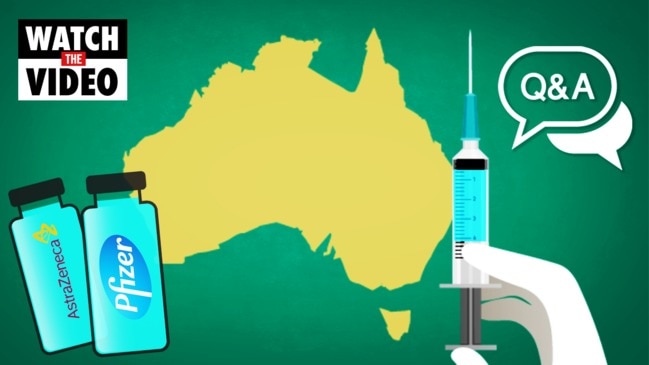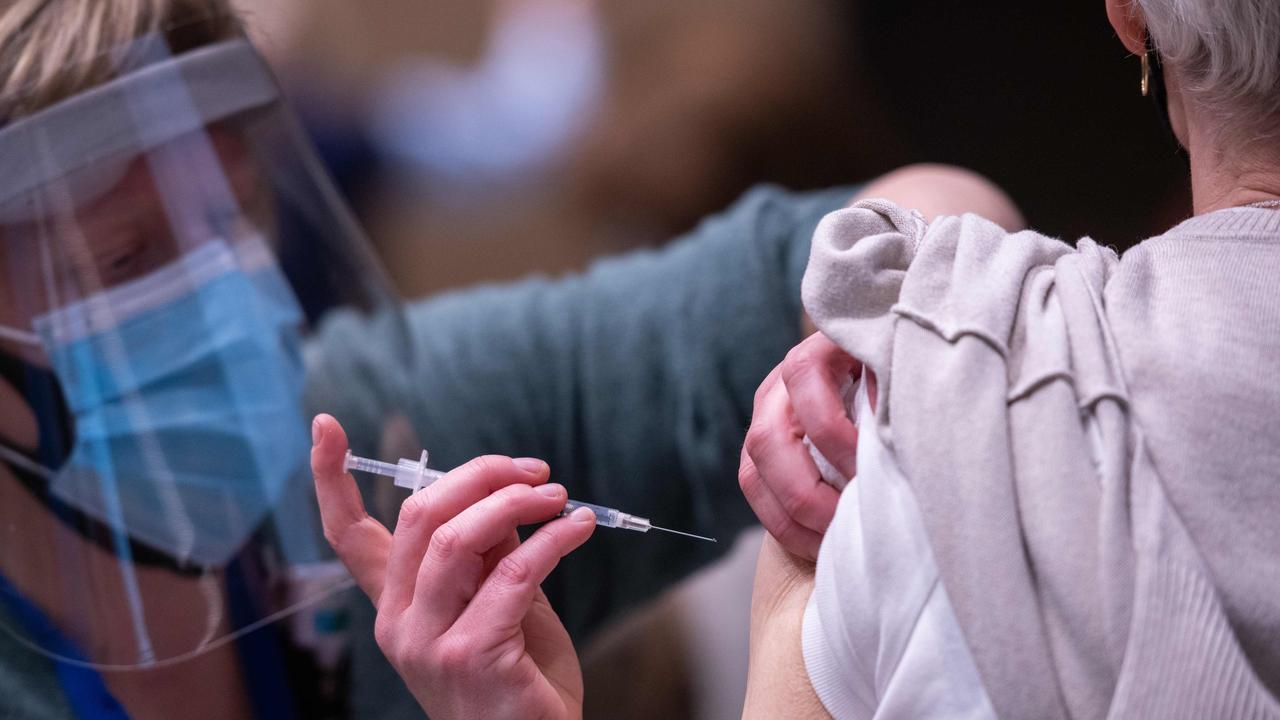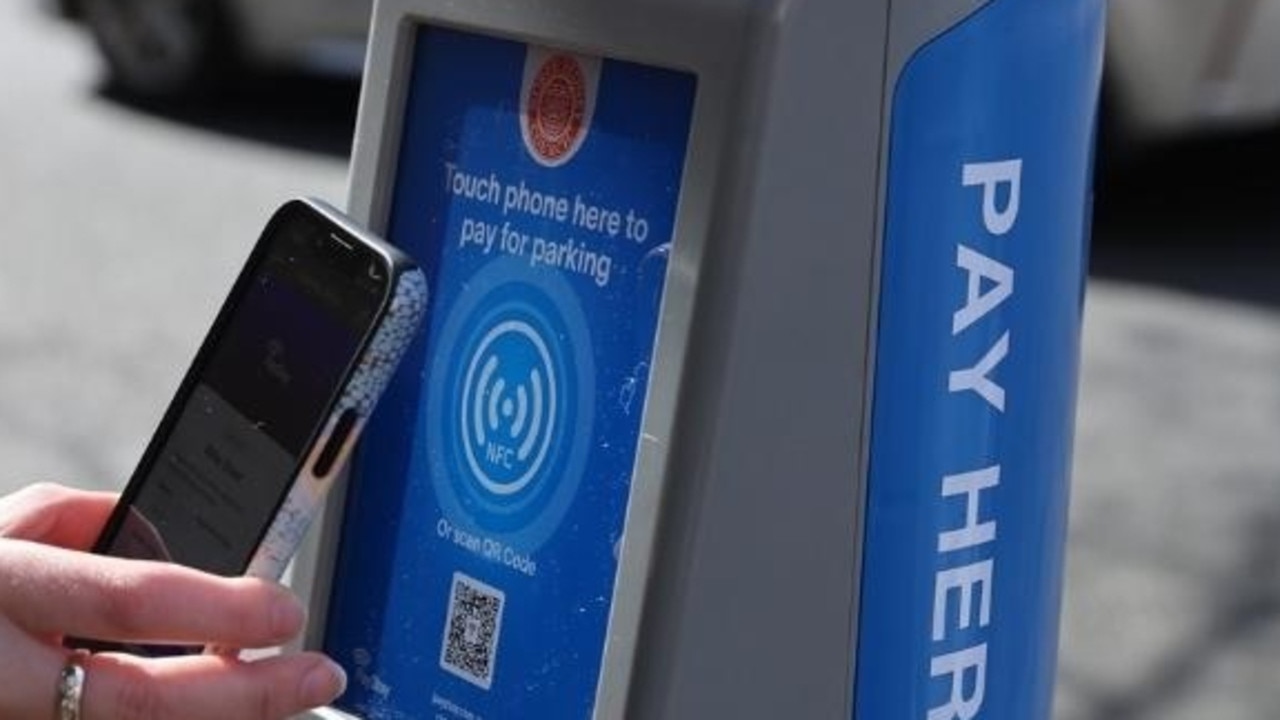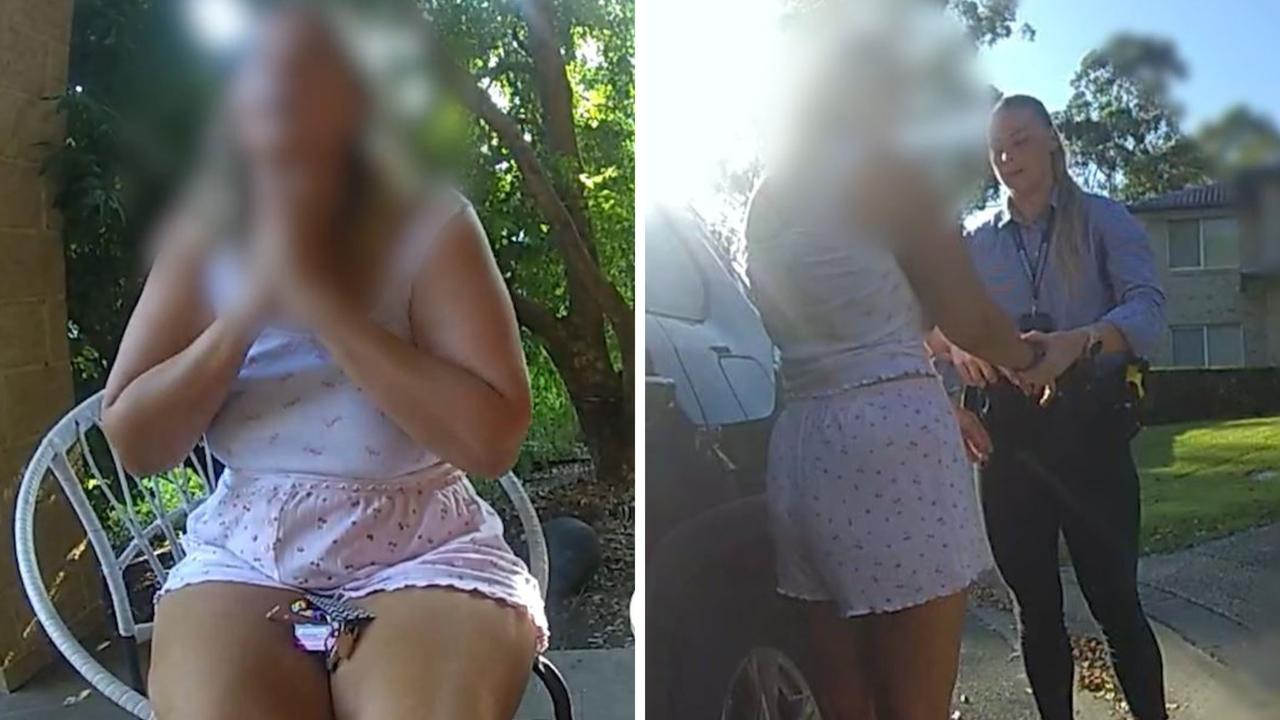COVID-19 Australia: Vaccinated people may still be able to spread virus, experts warn
Australians will begin receiving the coronavirus jab within weeks, but experts say it may not stop people transmitting the virus to others.

Australians who are vaccinated for COVID-19 may still be able to transmit the virus even if they don’t get sick and have no symptoms.
The COVID vaccine is highly effective in protecting against the severe form of the virus and stopping people being hospitalised and dying.
But what’s not clear is if those people who don’t get sick when their immune system kicks into gear to fight the virus can still carry it and transmit it.
Announcing the final approvals for the Pfizer vaccine on Monday morning, the Prime Minister Scott Morrison said those rules will need to stay in place until scientists learn more.
“Let me be very clear, this year 2021, it will require us to continue to be vigilant, it will continue to require us to be engaging with all sorts of COVID-19 arrangements that can further mitigate the risk of transmission and keeping Australians safe, keeping livelihoods – keeping Australia as open as possible,’’ the Prime Minister said.
“So it is important to understand that once the vaccine starts, that doesn’t mean you can jump on a plane to Bali the next day. It doesn’t mean that the masks disappear if that is what the public health arrangements are in a particular State or Territory or the quarantine arrangements for return into Australia will end or anything like this. This will build, Of itself, it is not a silver bullet because there are still limitations to what these vaccines can do.”
RELATED: Cost for Aussies receiving the COVID-19 vaccine
Health department chief Professor Brendan Murphy said the question of whether vaccinated people could still transmit the virus even if they don’t get sick was still being researched.
“These are really important questions, the population want to know them,” Prof Murphy said.
“What we do know is that the two vaccines that we are rolling out now are both very good at preventing clinical COVID disease and particularly severe disease. That is great, that will stop people getting clinically sick and hopefully people getting sick and needing treatment and unfortunately dying.
“We don’t yet know how effective they are at preventing the transmission of the virus.
“We will be progressively getting data over the coming months about the impact on transmission of the virus.
“It stands to reason that these vaccines will also prevent, to some degree, transmission of the virus but we don’t know how effective they are at doing that.”
Asked about the implications for hotel quarantine, Prof Murphy said it was not clear that the vaccine would allow travellers to skip hotel quarantine.
“We don’t know that yet. That is the data we have to get from the experience of the world’s vaccinations over the next – what we call the phase 4 data, the real time experience and we will know that probably within three months, we will have pretty good data on how effective the vaccines are at preventing transmission,’’ he said.
“That will give us the potential to re-evaluate things like international travel and hotel quarantine. It is a progressive, real time re-evaluation of the public health situation.”

In the United Kingdom, England’s deputy chief medical officer Prof Jonathan Van-Tam stressed over the weekend that scientists “do not yet know the impact of the vaccine on transmission”.
Writing in Britain’s Sunday Telegraph, he warned that no vaccine has ever been 100% effective and time is also required to develop an immune response even after the vaccine is administered, particularly in older people.
“Even after you have had both doses of the vaccine you may still give COVID-19 to someone else and the chains of transmission will then continue,” Prof Van-Tam said.
“If you change your behaviour you could still be spreading the virus, keeping the number of cases high and putting others at risk who also need their vaccine but are further down the queue.”
The short-term problem is it’s dangerous for people who are vaccinated to abandon social distancing until the immune response kicks in.
The bigger mystery is whether people who get the vaccine can still transmit the virus even if they don’t get sick.
“Regardless of whether someone has had their vaccination or not, it is vital that everyone follows the national restrictions and public health advice, as protection takes up to three weeks to kick in and we don’t yet know the impact of vaccines on transmission,’’ he warned.
“The vaccine has brought considerable hope and we are in the final furlong of the pandemic but for now, vaccinated or not, we still have to follow the guidance for a bit longer.”
Here in Australia, the possibility that vaccinated people can still transmit the virus has been an issue that has been on the chief medical officer Professor Paul Kelly’s radar for months.
“Yes. And that’s why we need modelling to consider that, very carefully,’’ Prof Kelly said last month.
“So, for example the AstraZeneca vaccine that … has already looked at, whether that vaccine protects against asymptomatic illness. So at the moment, from that interim analysis that was published in the Lancet Journal (in December), it demonstrates it probably doesn’t.
“So, it could be that people may have asymptomatic disease after having had the vaccine, and not know it. And that, as we know, can transmit to others. And so, that is an issue. Yes, absolutely we need to consider that as we go forward.”
That’s why it’s premature to assume that life will return to normal in the short to medium term as scientists learn more about how effective the vaccine is when the majority of the population are immunised.
It’s not a reason to refuse the vaccine. Few vaccines prevent infection. They work by teaching the body’s immune system to fight the virus — in this case COVID-19 — when it is encountered.
There are vaccines — known as sterilising vaccines — that stop you from getting not only symptomatic diseases but also from getting infected in the first place.
But it’s not yet clear whether or not the COVID-19 vaccines are ‘sterilising’ vaccines that entirely stops you getting infected.
Even if it does induce sterilising immunity it’s not clear how long this will last and when a booster shot will be required.
A good example is the vaccine for rotavirus. It stops people getting the severe version of the illness. It doesn’t stop you getting it but has undoubtedly saved lives and proved invaluable in controlling the virus and reducing hospitalisations.
RELATED: Memory lapses, heart problems, fatigue revealed as long-term effects of COVID-19
Writing in The Conversation, Sarah L Caddy a Clinical Research Fellow in Viral Immunology and Veterinary Surgeon, University of Cambridge predicted the answers should come in coming months.
“What would a lack of sterilising immunity mean for those vaccinated with the new COVID vaccines? Quite simply it means that if you encounter the virus after vaccination, you may get infected but show no symptoms,’’ she wrote.
“This is because your vaccine-induced immune response is not able to stop every virus particle from replicating.
“It also means that wearing masks, social distancing will need to continue until something approaching herd immunity is reached.”
The companies developing the vaccines such as Pfizer say their vaccines are about 95 per cent effective at preventing people from getting sick with COVID symptoms.
It remains the case that the vaccine will be hugely important in saving lives, stopping people getting sick and keeping people out of hospital.
But the evidence on whether the vaccines also prevent asymptomatic infection and transmission is less clear. The search for answers continues as the rollout of the vaccine begins.




